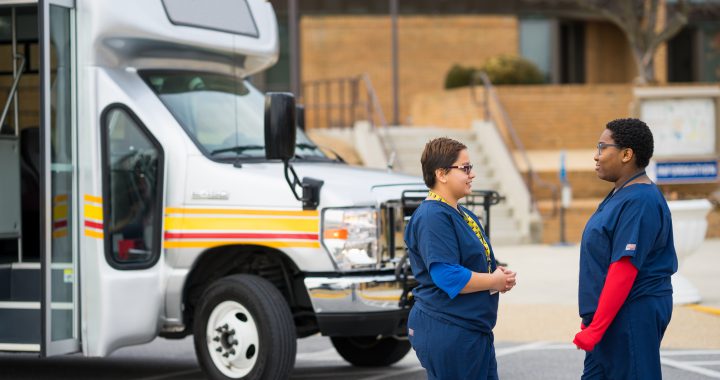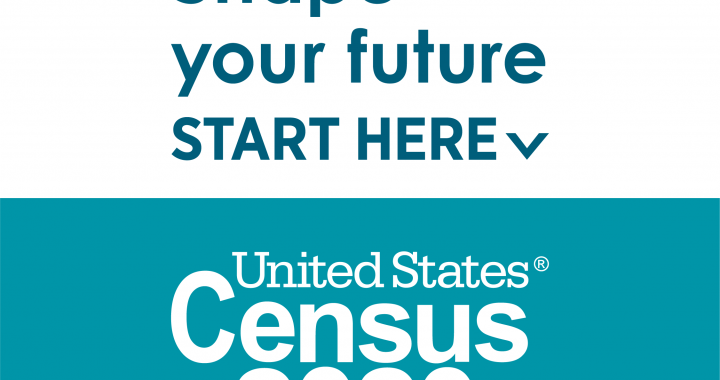News
Bath County Housing Needs Assessment Complete
The Bath County Housing Needs Assessment & Market Analysis Study conducted by economic development firm, Camoin 310, was completed in March. The study analyzed data, engaged stakeholders and the public, and identified strategies the County can employ to address Bath County’s challenge to provide housing to its workforce, a concern faced by many rural communities. The study and a video presentation by Camoin 310 can be accessed on the County website.
The study was commissioned by Bath County with administrative support by the CSPDC and funding provided by the Virginia Housing Development Authority (VHDA). A Project Committee with representatives from Bath County, Bath County Public Schools, Bath Community Hospital, the Omni Homestead Resort and the CSPDC oversaw the project.
GO Virginia Approves Agricultural Enterprise Center Feasibility Study
The CSPDC recently received a GO Virginia Enhanced Capacity Building grant to conduct an Agricultural Enterprise Center Feasibility Study. The GO Virginia Region 8 Council approved the proposal in January and the Virginia Department of Housing and Community Development administratively approved the grant in March. Combined with an awarded U.S. Department of Agriculture Local Food Promotional Program grant, these funds will be used to determine the viability of a certified, commercial, shared-use Agricultural Enterprise Center located in the central Shenandoah Valley. The study will identify what components will be the most successful and beneficial to local farmers, explore physical locations for a facility, and structure a comprehensive business plan to be used for future implementation. Potential uses include a commercial kitchen, food lab/testing kitchen, flash freeze facility, training space for smart-ag classes and seminars, packaging and distribution operations, and business planning resources.
A seven-member study team composed of potential users and representatives from businesses and organizations who support local food production has been formed and a Request for Proposal sent to potential consulting firms to conduct the study. Proposals are due April 16. The project is administered by the CSPDC.
BRITE Bus Offers Fare-Free Service
In response to the COVID-19 outbreak, BRITE Bus is offering fare-free service on all fixed and paratransit routes. BRITE Bus hopes this decision will help alleviate some financial burden on its ridership, including community personnel who use BRITE to get to and from work, during this time of uncertainty. Up-to-date service and operational changes, including social distancing standards, will continue to be posted on the BRITE Bus website and related social media outlets.
Have You Completed the 2020 Census?
In 2020, the U.S. Census Bureau will be counting every person living in the 50 states and 5 U.S. territories. Due to the COVID-19 pandemic, public awareness events scheduled to occur across the nation on Census Day, April 1, were canceled. By telling the Census Bureau where you lived as of April 1, you will help determine how $675 billion dollars in federal funding flows into communities every year for the next decade. Help spread the word about the importance of taking the 10-minute Census questionnaire! It can be taken by phone, by mail or, for the first time, on-line.
Public Notice: Bath-Highland Network Authority Meeting Cancelled
The Bath – Highland Network Authority meeting scheduled for April 13th at 1:00 p.m., at the Bath County Historical Society, has been cancelled. The next meeting is scheduled for July 13th. For more information, please contact Ms. Hunter Moore at 540-885-5174 ext 118, or hunter@cspdc.org .
Announcements
Please stay tuned for events and more information from the CSPDC.
Archives
- February 2025
- January 2025
- December 2024
- October 2024
- September 2024
- August 2024
- July 2024
- June 2024
- May 2024
- April 2024
- March 2024
- February 2024
- January 2024
- November 2023
- October 2023
- September 2023
- August 2023
- July 2023
- June 2023
- May 2023
- April 2023
- March 2023
- February 2023
- January 2023
- December 2022
- October 2022
- September 2022
- August 2022
- July 2022
- June 2022
- May 2022
- April 2022
- March 2022
- February 2022
- January 2022
- December 2021
- November 2021
- October 2021
- August 2021
- July 2021
- June 2021
- May 2021
- April 2021
- March 2021
- February 2021
- January 2021
- December 2020
- November 2020
- October 2020
- September 2020
- July 2020
- June 2020
- May 2020
- April 2020
- March 2020
- February 2020
- January 2020
- November 2019
- October 2019
- September 2019
- June 2019
- May 2019
- April 2019
- March 2019
- February 2019
- January 2019
- December 2018
- October 2018
- September 2018
- August 2018
- July 2018
- June 2018
- May 2018
- April 2018
- March 2018
- February 2018
- January 2018
- December 2017
- November 2017
- October 2017
- September 2017
- August 2017
- July 2017
- June 2017
- May 2017
- April 2017
- March 2017
- February 2017
- January 2017
- December 2016
- September 2016




